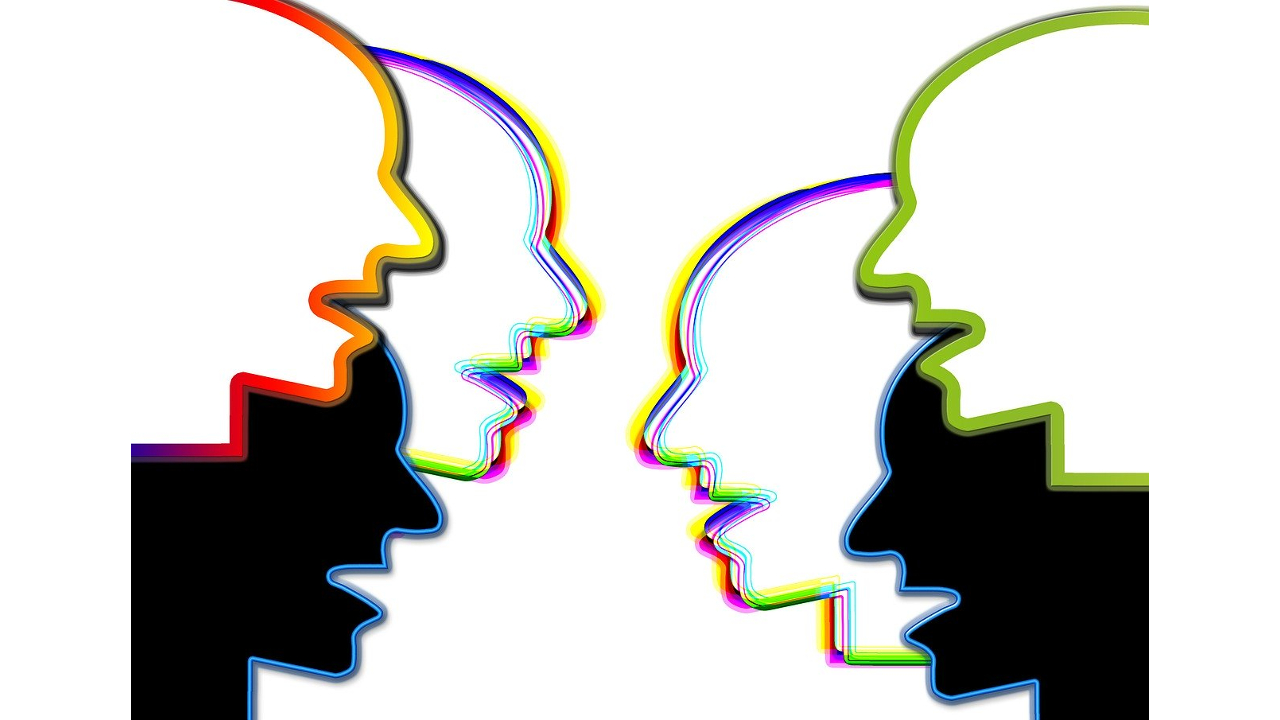
The ethical imperative for diverse viewpoints and debate
Encouraging cognitive diversity in teams is recognised by management and knowledge management (KM) literature as improving the quality of our decision making. But it is often hard to apply these principles to debates with significant real world effects on local and global communities, particularly when those involved in the debates also have a personal stake in the outcome.
A recent case study can be found in the debilitating medical condition known as myalgic encephalomyelitis (ME) or chronic fatigue syndrome (CFS), commonly abbreviated as ME/CFS. The cause and treatment of ME/CFS has long been a highly debated source of contention. The two major camps are divided into those who consider it to be a psychosomatic condition versus a biological disease.
A 2011 research project known as the PACE trial was highly controversial for suggesting that non-medical treatments known as cognitive behaviour therapy (CBT) and graded exercise therapy (GET) were effective in treating CFS symptoms. Many accused the study of providing justification for the reduction or cessation of payments for medical benefits by the UK government.
The most substantive criticisms lay in the idea that the PACE trial failed to adequately consider the potential for harm caused by treatments that essentially were designed to “push” those afflicted to ignore their symptoms. In a recent blistering article, Dr Diane O’Leary wrote:
US Institute of Medicine, National Institutes of Health, and Centers for Disease Control [now] insist that ME/CFS is not a psychosomatic condition, but rather “a serious biological disease” … The trouble is that the UK is the conceptual home of the mental health approach to ME/CFS, and proponents of that approach are valued leaders in medicine and psychiatry. More than that, ME/CFS has long served within psychosomatic medicine as the quintessential psychosomatic condition, so a global reversal of opinion on this would shake the foundations of that field. This is no ordinary treatment debate …
Evidence-based medicine is driven by the effort to minimize medical risk. In the area of ME/CFS, however, it has long been routine for psychosomatic research to proceed as if medical risk can be ignored, as if it simply is not possible that patients with this poorly understood condition are suffering from a biomedical disease. That oversight can no longer be maintained in credible debate and research … When management discussions ignore this issue, they’re not about medicine. They’re about reputation – and when patient care has come to depend on disputes about reputation, medicine is very sorely in need of ethical input.
There is no doubt that the ME/CFS debate is complex and highly charged, with personal and political agendas combining with the understandable pain and frustration of those afflicted by the condition. As a society, how do we ethically engage with the problem of finding solutions that may impose short- or long-term negative impacts on subsets of people while seeking a long-term benefit to everyone?
For a number of years, RealKM has observed that the scientific method is coming under pressure due to financial and other incentives, and that poor science reporting (especially in general media) is exacerbating the problem. The final arm of the triad, amplified outrage through social media, is now a predictable response to any controversial topic.
The chilling effect of outrage culture is being felt, with scientists anecdotally leaving their original fields to pursue research in other areas to avoid online bullying and abuse. Additionally, while few studies are being done in the area it also seems likely that the political class is similarly narrowing to those who are prepared to tolerate abuse from the public and exploit the bandwagon effects of social media. As we kick off 2020, we find ourselves in a world where:
- important methods designed to protect integrity are being corrupted to protect personal interests
- confirmation bias is endemic and being actively exploited across traditional and social media
- people are dropping out of debates because of blowback encountered when posing alternative viewpoints.
None of these are good outcomes for our society. We need better systems to support and encourage ethical, skeptical debate while also strengthening protections against abuse. We need to give our institutions (including our elected representative bodies) the space and mandate to do their job without being showered in abuse for the tiniest misstep. It is entirely possible that the advertising-driven models of social media are so fundamentally misaligned to the needs of our world that they need complete reform.
Increasing our tolerance for debate will sometimes be emotional, but we need clearer lines of how to engage in debate – especially online. There is a difference between saying that someone is an idiot in a public forum, and filling someone’s private inbox and social media mentions with abuse and threats. Still worse is the problem of “cancelling” or trying to get someone fired for expressing their views. Respect is desirable, but not mandatory if people still feel able to present their good faith views without fear of the mob.
But in the meantime, we can all take personal responsibility to make space for real debate and to argue with humility and respect. In a 2016 TED talk, Arthur Brooks talked about the solutions to poverty and necessity of bridging the gaps in opinion by highlighting solutions using ‘your’ tools and values to fix problems which matter to the ‘other side’. Arthur says:
We need to come together around the best ways to mitigate poverty using the best tools at our disposal, and that comes only when conservatives recognize that they need liberals and their obsession with poverty, and liberals need conservatives and their obsession with free markets … Remember, it’s not good enough just to tolerate people who disagree …
I’m asking you and I’m asking me to be the person specifically who blurs the lines, who is ambiguous, who is hard to classify. If you’re a conservative, be the conservative who is always going on about poverty and the moral obligation to be a warrior for the poor. And if you’re a liberal, be a liberal who is always talking about the beauty of free markets to solve our problems when we use them responsibly … [if we do] we might just be able to take the ghastly holy war of ideology [and] turn it into a competition of ideas based on solidarity and mutual respect.
Header image source: Gerd Altmann on Pixabay, Public Domain.





